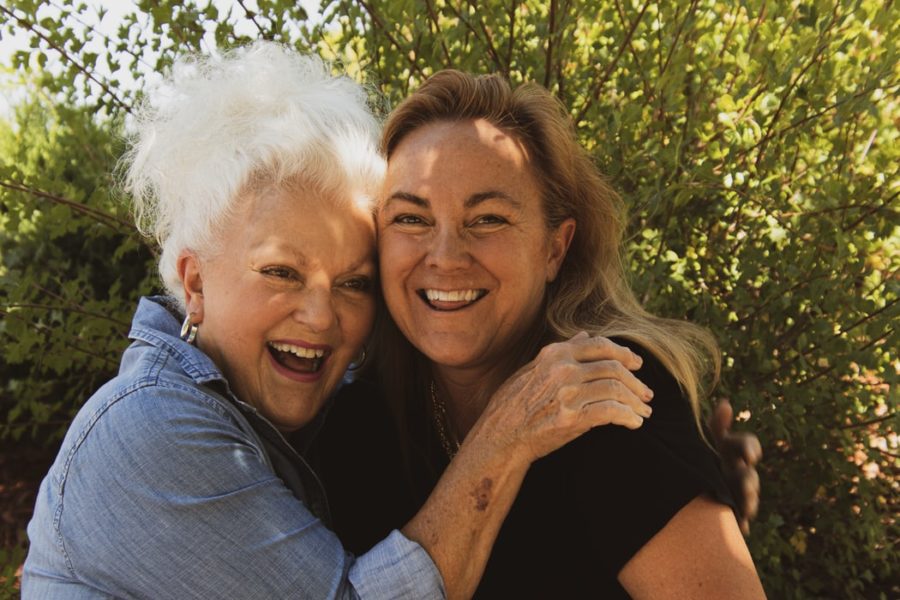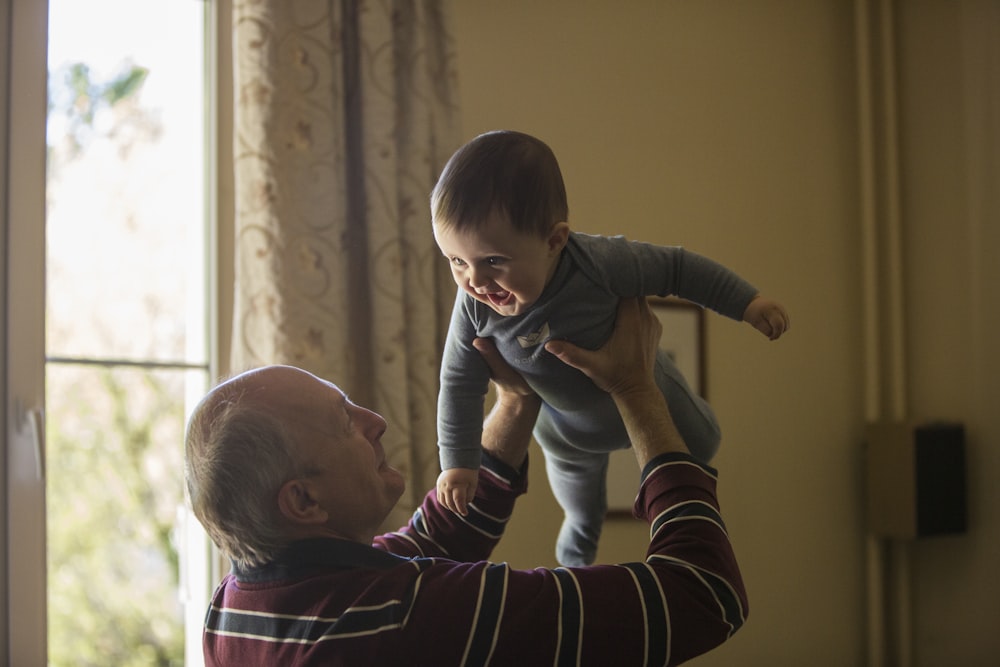The warning signs-
What to look for and how to find in-home senior care services that can help.
The following written content by Madison Yauger

Many people found themselves separated from loved ones during the pandemic, and now that we’re reuniting with family and friends, it can be startling to see how much someone you care about has changed over the course of a year. If you’re noticing behavioral, cognitive, or physical changes in your aging loved ones, you’re not alone. A study from the National Institutes of Health (NIH) shows that social isolation may increase symptoms such as sleep deprivation, fatigue, and depression in elderly adults. Unfortunately, due to the circumstances surrounding all of us in 2020, many seniors were alone for extended periods of time, and behavioral changes were amplified as a result.
Becoming a caregiver for a parent or loved one is a noble but daunting task. There are times when you can’t be there to help them, and some issues require medical attention or a trained expert. As a caregiver, you will face all sorts of challenges, so it’s important to recognize your limitations and call in-home care professionals when the time comes. According to the National Institute on Aging (NIA), home health care includes in-home caregiver services, transportation services, companion services, nurses, service workers, and nursing and retirement homes.

“I think [the signs of decline] really differ for every person, from what I’ve seen in my practice,” Jennifer Reckrey, MD, an associate professor of Geriatrics and Palliative Medicine at the Icahn School of Medicine at Mount Sinai, tells Health. The main thing to look for is a significant change: “Someone who’s been one way their whole life, concerned with their appearance, or always on top of birthdays, and then that starts to change,” Dr. Reckrey, whose research focuses on home-based primary care and the role caregivers have in the home, explains.
Warning Signs Your Parent May Need In-Home Senior Care
It can be difficult to determine something is wrong if you don’t see your senior regularly. The next time you’re with your loved one, pay close attention. Is there evidence of behavioral changes? What about cognitive or physical declines? Here are what those signs might look like according to the NIA.

Behavioral Changes
These signs may take the form of late payments, bounced checks, or stacks of unopened mail. You might also notice their home appears cluttered or dirty, or that they are keeping expired groceries. Perhaps they’ve lost interest in their favorite activities or have switched up their sleeping patterns. Behavioral changes could also include severe mood swings and increased agitation.
Cognitive Declines
If you’re worried that your loved one is experiencing cognitive decline, look out for loss of reasoning skills, general confusion, or uncertainty. They might show difficulty keeping track of time and miss appointments or forget to take medication. The most obvious signs tend to be excessive forgetfulness and memory loss. These could also signal a more serious decline, such as dementia or Alzheimer’s disease, according to the Centers for Disease Control (CDC). Read more from Health.





